Photo by: Pixabay user Free-Photos
Producing and burning fossil fuels creates air pollution that harms our health and generates toxic emissions that drive climate change.
From the electricity that lights our homes to the cars we drive to work, modern life was built on fossil fuels like coal, oil and natural gas. But burning them creates climate change and releases pollutants that lead to early death, heart attacks, respiratory disorders, stroke, asthma, and absenteeism at school and work. It has also been linked to autism spectrum disorder and Alzheimer’s disease.
Research from Harvard University, in collaboration with the University of Birmingham, the University of Leicester and University College London, found that more than 8 million people died in 2018 from fossil fuel pollution, significantly higher than previous research suggested—meaning that air pollution from burning fossil fuels like coal and diesel was responsible for about 1 in 5 deaths worldwide.
Each year, our team contributes to the Lancet Countdown on Health and Climate Change to track the impacts of climate change on human health across 44 indicators around the world. Our research analyzes the health impacts of burning fossil fuels and shows how much we have to gain by ending our reliance on them. Recent research from our Center:
- Identified at least 21 different hazardous air pollutants, as defined by the U.S. EPA, including benzene, toluene, ethylbenzene, xylene, and hexane, in consumer-grade natural gas supplied to Massachusetts.
- Created a new inventory of air pollution impacts from stationary sources over the past decade that shows the negative impacts of burning natural gas and biomass have surpassed coal generation in many states, which is a trend that may continue.
- Conducted the first study to determine that Pennsylvania’s statewide setback regulations for fracking do not prevent setback incidents, and identified the potential risks and exposures for people living near fracking or underground natural gas wells.
- Showed that more people live closer to underground gas storage wells than previously thought. An estimated 20,000 homes and 53,000 people in predominantly suburban areas of PA, OH, WV, MI, NY, and CA live within a city block of active underground natural gas storage wells.
- Developed the science-based case for why it is “appropriate and necessary” for EPA to regulate mercury emissions from the power sector; and why the health benefits of regulation and remaining risks from mercury pollution in the U.S. should be assessed.

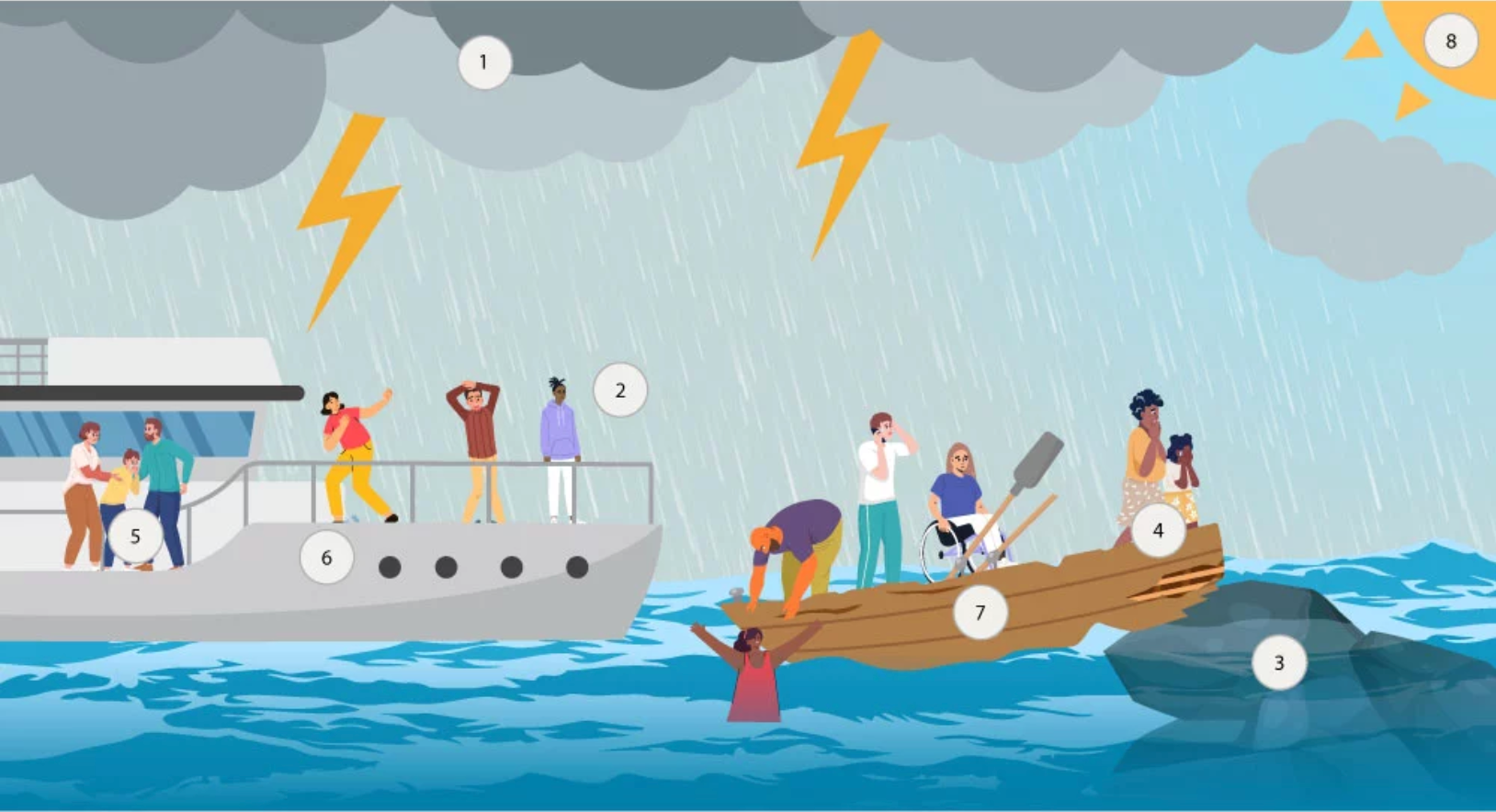
The 2022 Lancet Countdown on Health and Climate Change: Policy Brief for the U.S.
Climate change puts everyone at risk, but policy decisions and industry actions make some communities more vulnerable to the harms of climate change.

Home is Where the Pipeline Ends
Our study is the first to test for health-damaging air pollutants in unburned natural gas where it is used: in our homes.
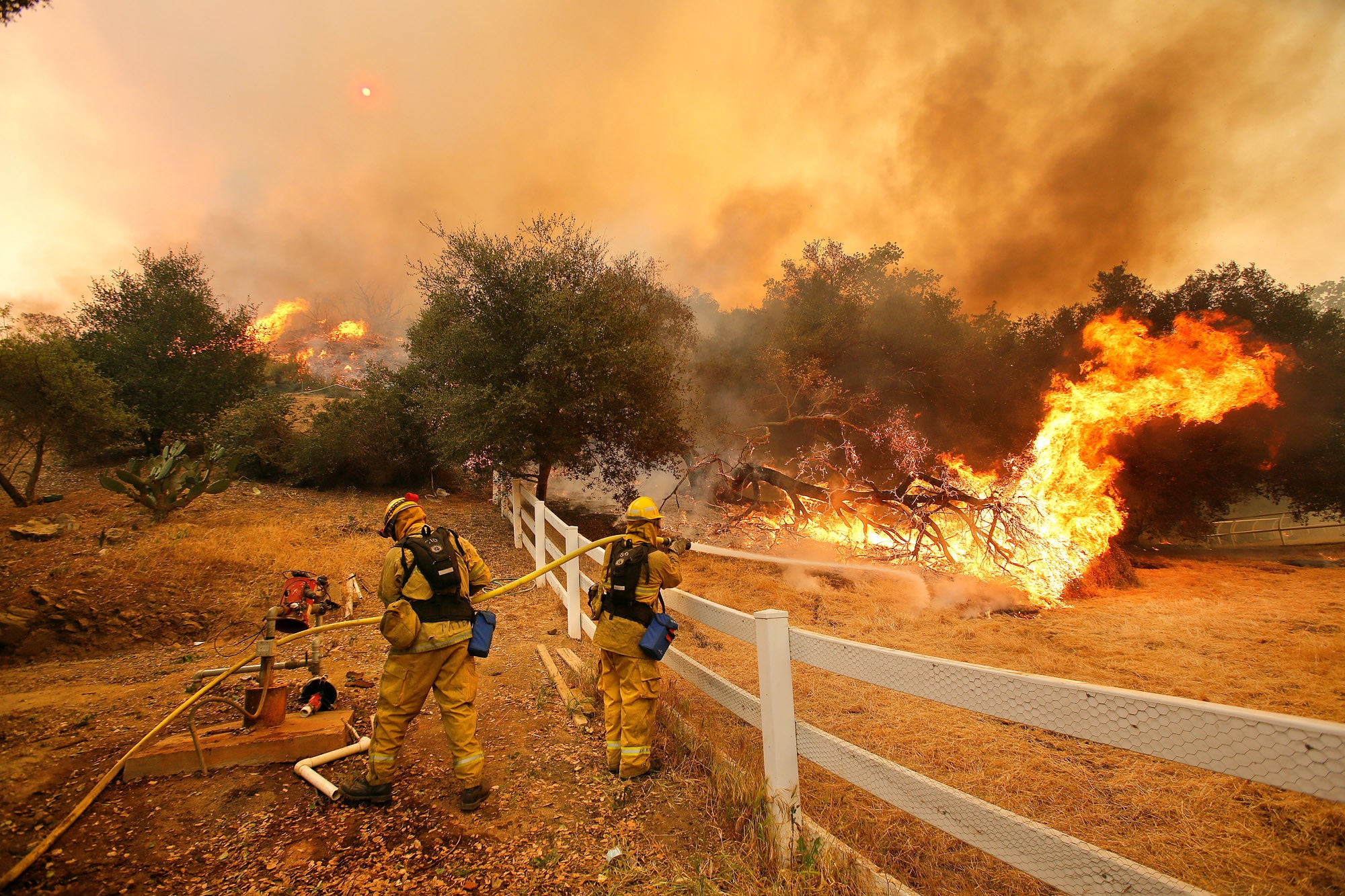
2021 Lancet Countdown on Health and Climate Change: U.S. Policy Report
Our response to climate change must prioritize and optimize health and equity. We can improve health through climate actions that reduce our use of fossil fuels.
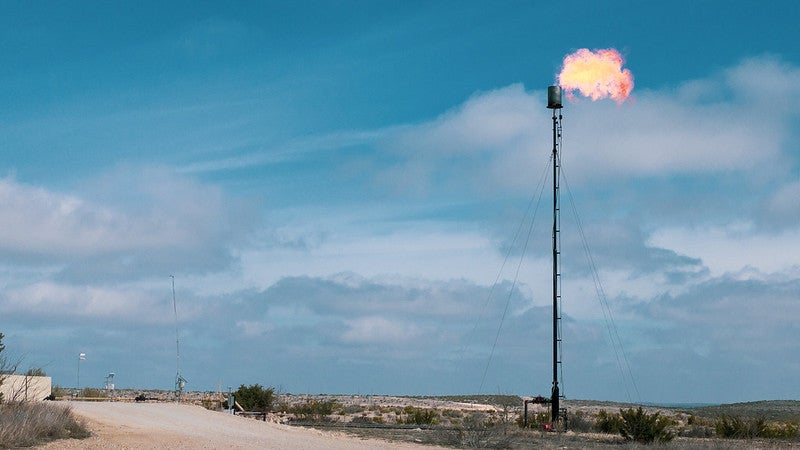
Methane Reductions in the Oil and Gas Sector can Protect Public Health
A literature review examines the last ten years of research on methane and health-damaging air pollutant emissions from the oil and gas industry.
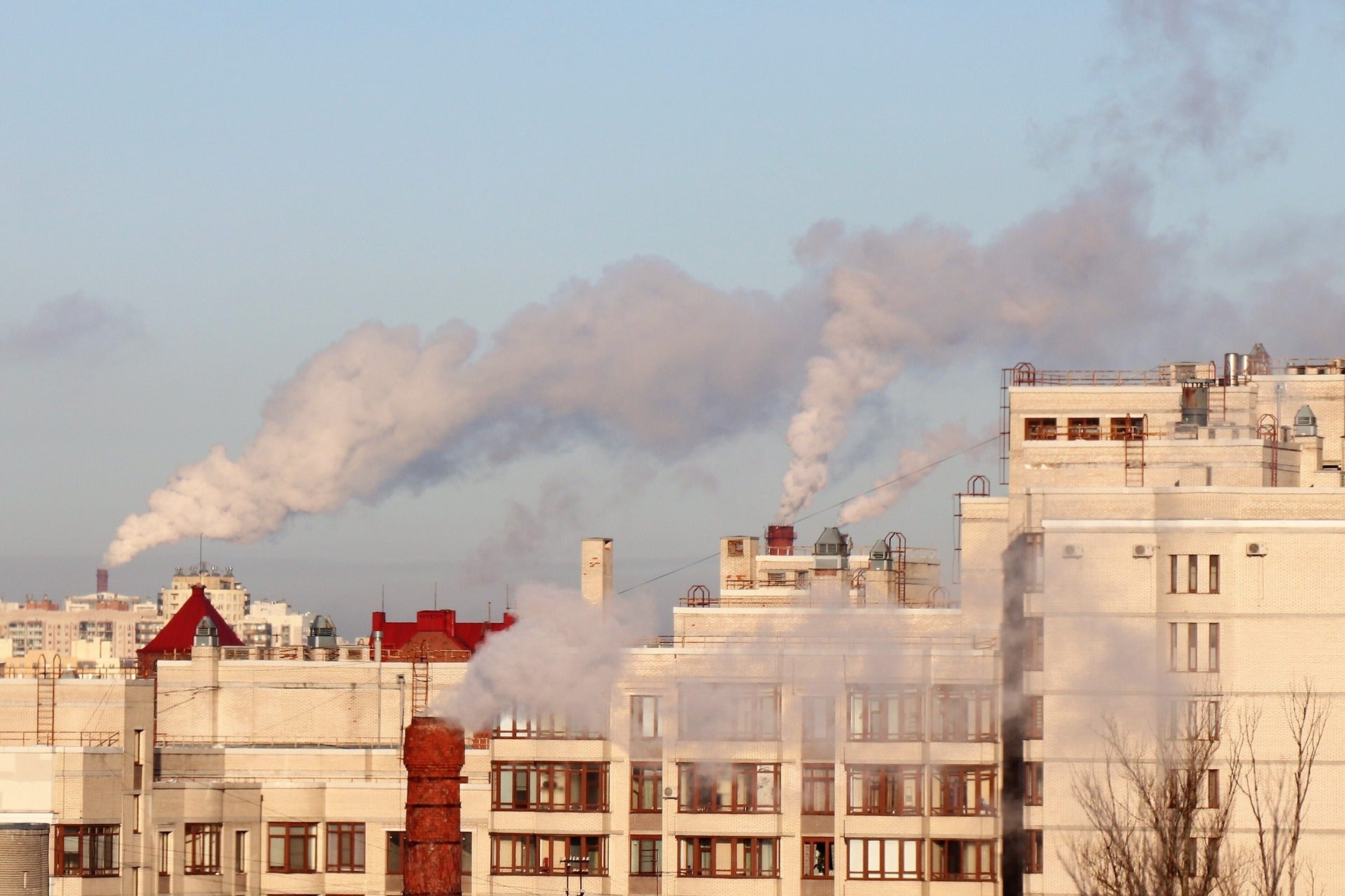
Negative impacts of burning natural gas and biomass have surpassed coal generation in many states
A new inventory of air pollution impacts from stationary sources over the past decade shows this trend may continue.
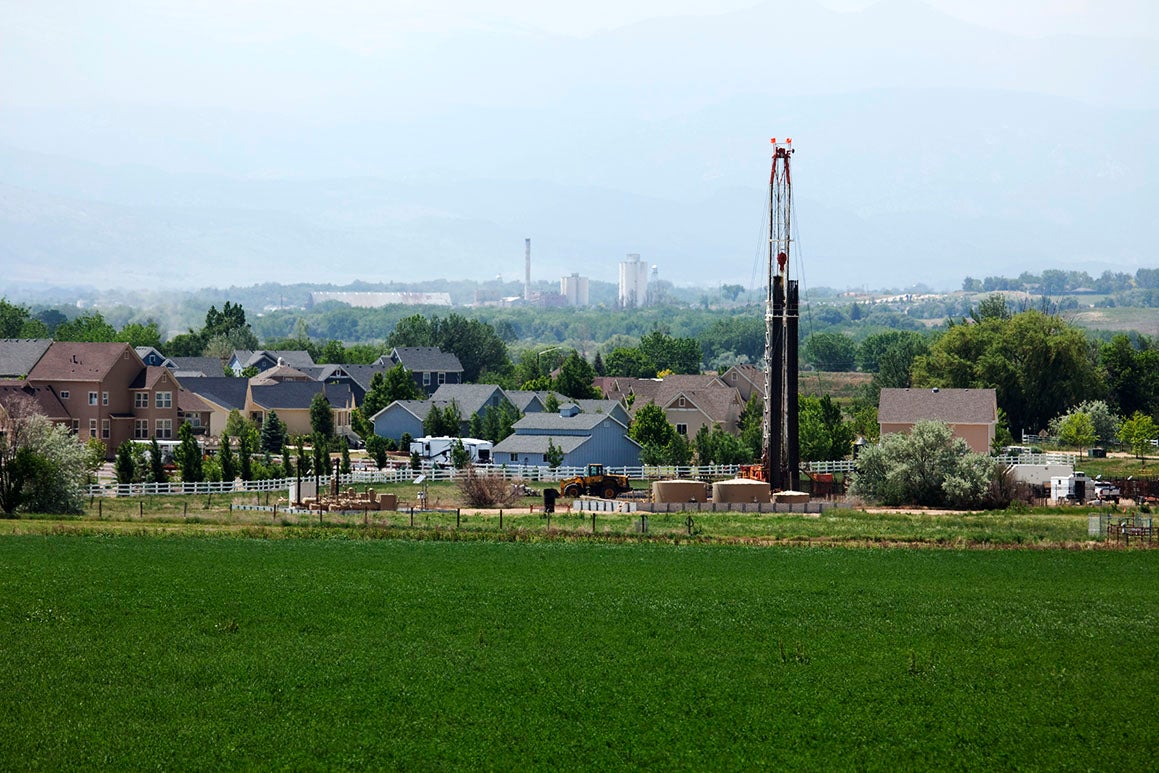
Pennsylvania setback regulations for fracking do not prevent setback incidents
The first study to look at the effectiveness of PA's statewide setback regulations and identify the potential risks and exposures for people living near fracking or UNG wells.
Pollution from fossil fuel combustion deadlier than previously thought
Fine particulate pollution from fossil fuel combustion was responsible for one in five early deaths worldwide in 2018, with vulnerable groups at greatest risk.

Fossil fuel air pollution responsible for 1 in 5 deaths worldwide
New research finds that deaths from fossil fuel emissions are higher than previously thought—more than 8 million people per year, worldwide.

'We Don't Have To Live This Way': Doctors Call For Climate Action
A sprawling analysis published by The Lancet focuses on public health data from 2019, and finds that heat waves, air pollution and extreme weather increasingly damage human health.

Rich Americans spew more carbon pollution at home than poor
Rich Americans produce nearly 25% more heat-trapping gases than poorer people at home, according to a new study.
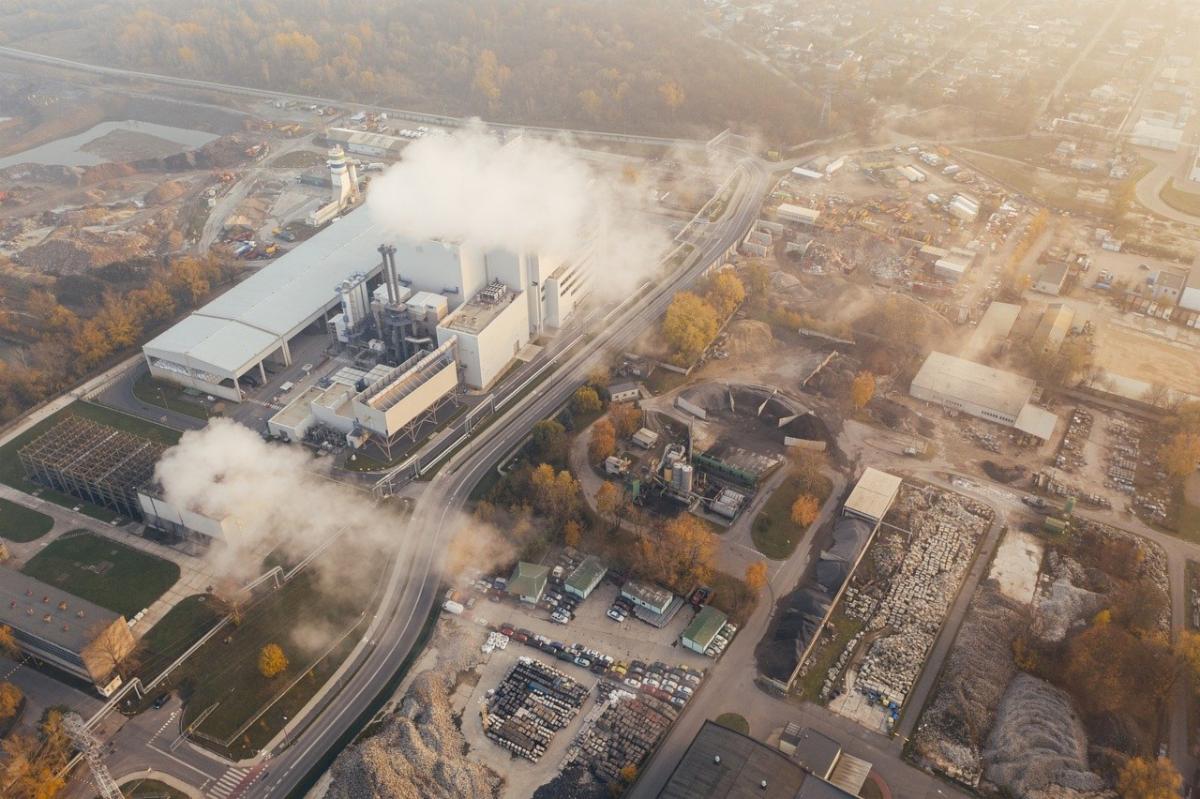
Harvard researchers link current U.S. air pollution standards to an early death
The study used the largest-ever dataset of older Americans and found current air quality standards are not strong enough to protect people from harmful PM2.5 pollution.
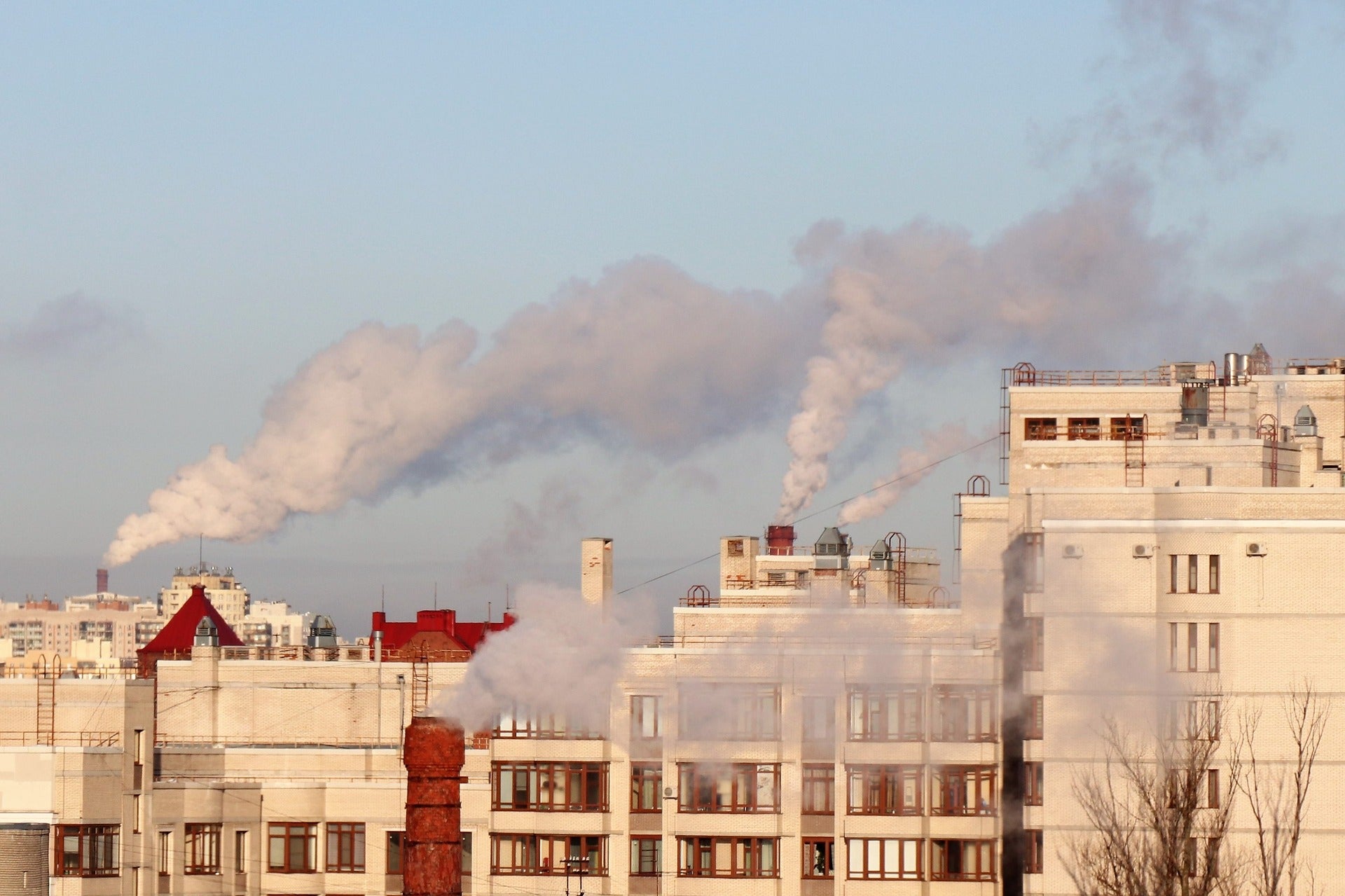
Air pollution kills 7 million people a year - and probably makes COVID-19 more deadly
After seeing how deadly air pollution makes COVID-19, the pandemic may be the push for countries to start investing in clean energy.
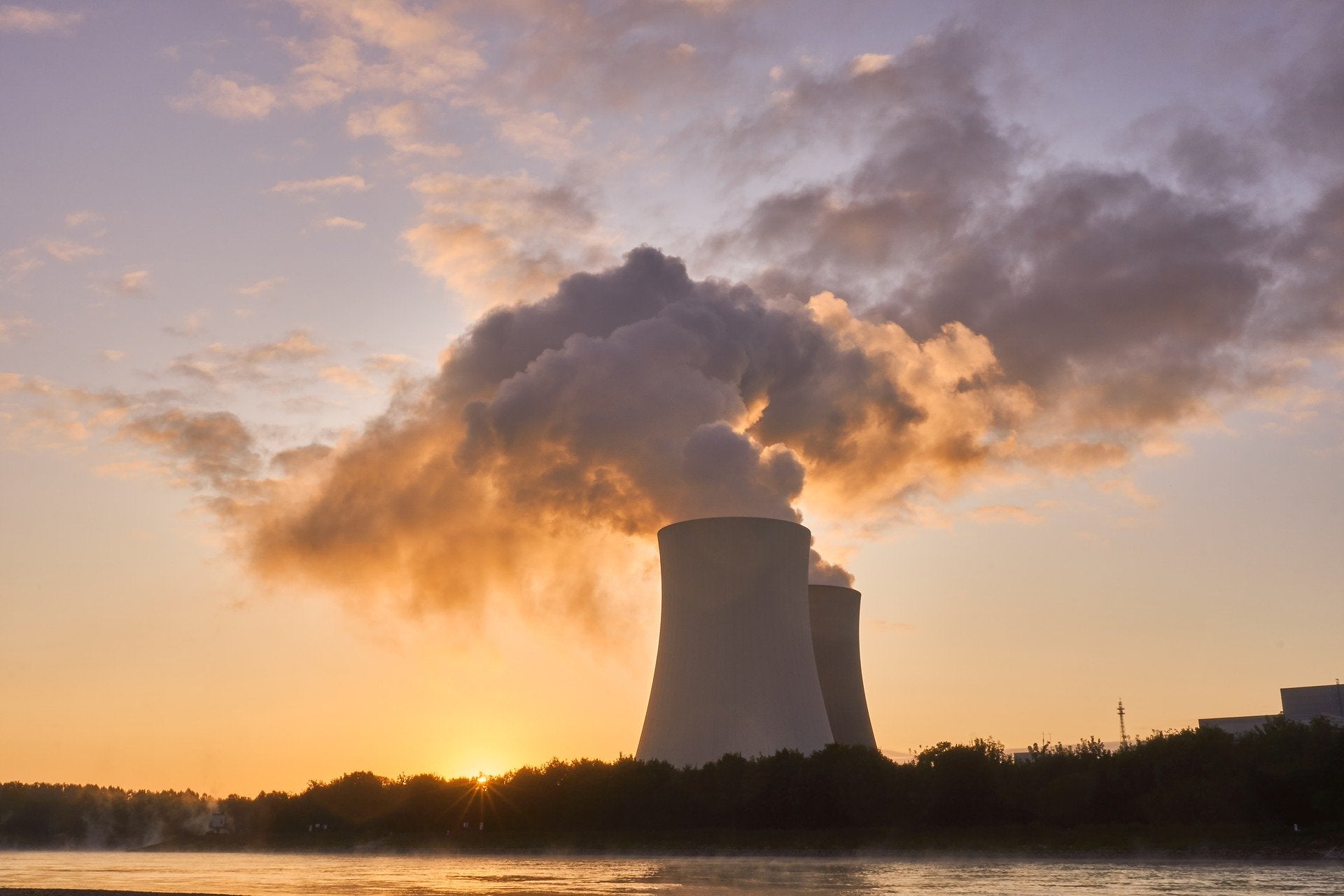
Researcher: The EPA's ACE rule for power plants does little to address global warming
Our Senior Advisor Kathy Fallon Lambert discusses her analysis of the Affordable Clean Energy rule.

For communities of color, air pollution may heighten coronavirus threat
Many communities of color live in areas of air pollution and research has found that pollution may lead to increased risk of dying from Covid-19.
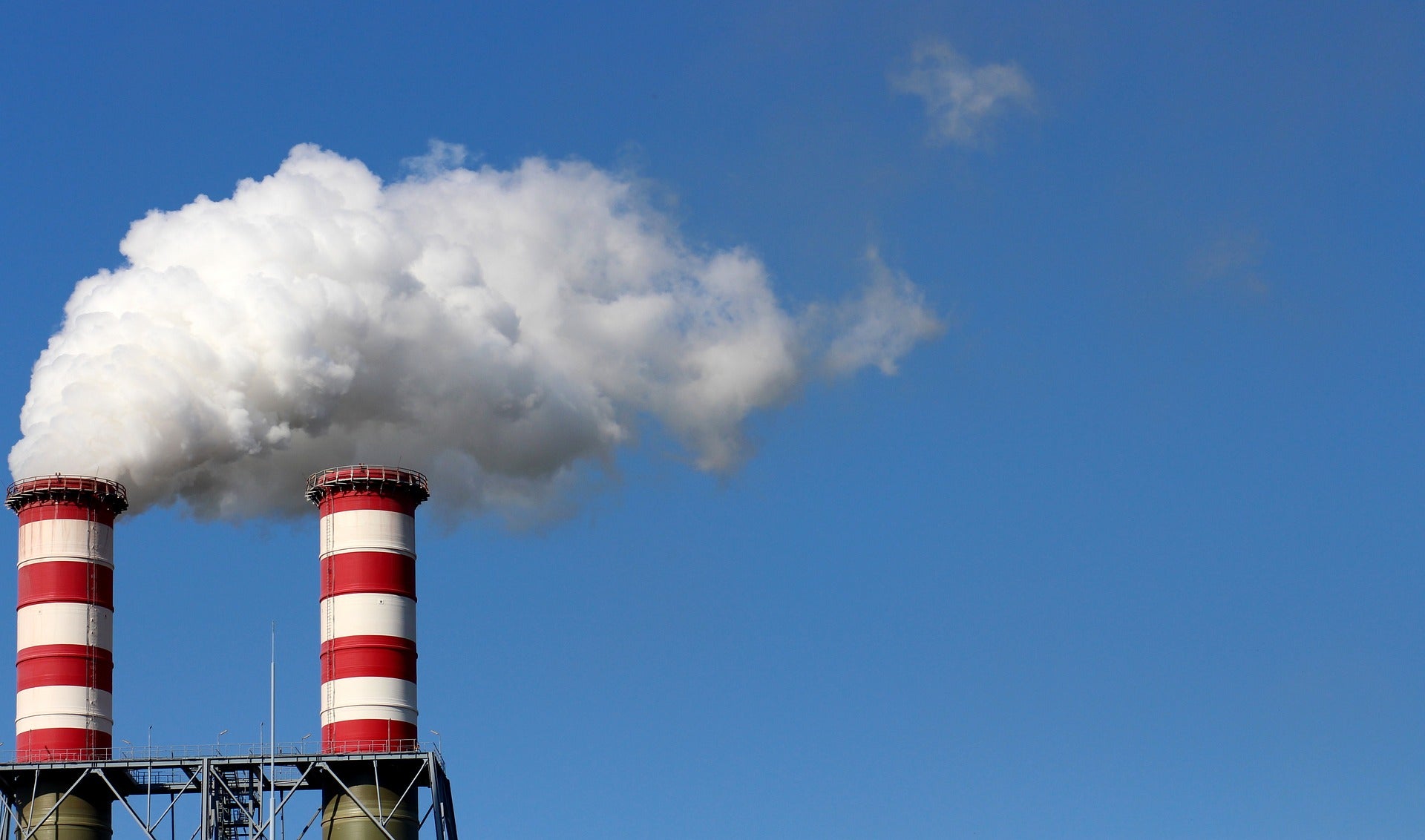
How Trump's EPA is making Covid-19 more deadly
The EPA is rolling back enforcements on air pollution which could put people at risk of dying from Covid-19.

EPA weakens control on mercury
The EPA's new method of calculating the costs and benefits of mercury pollution would weaken mercury regulations and risk public health.
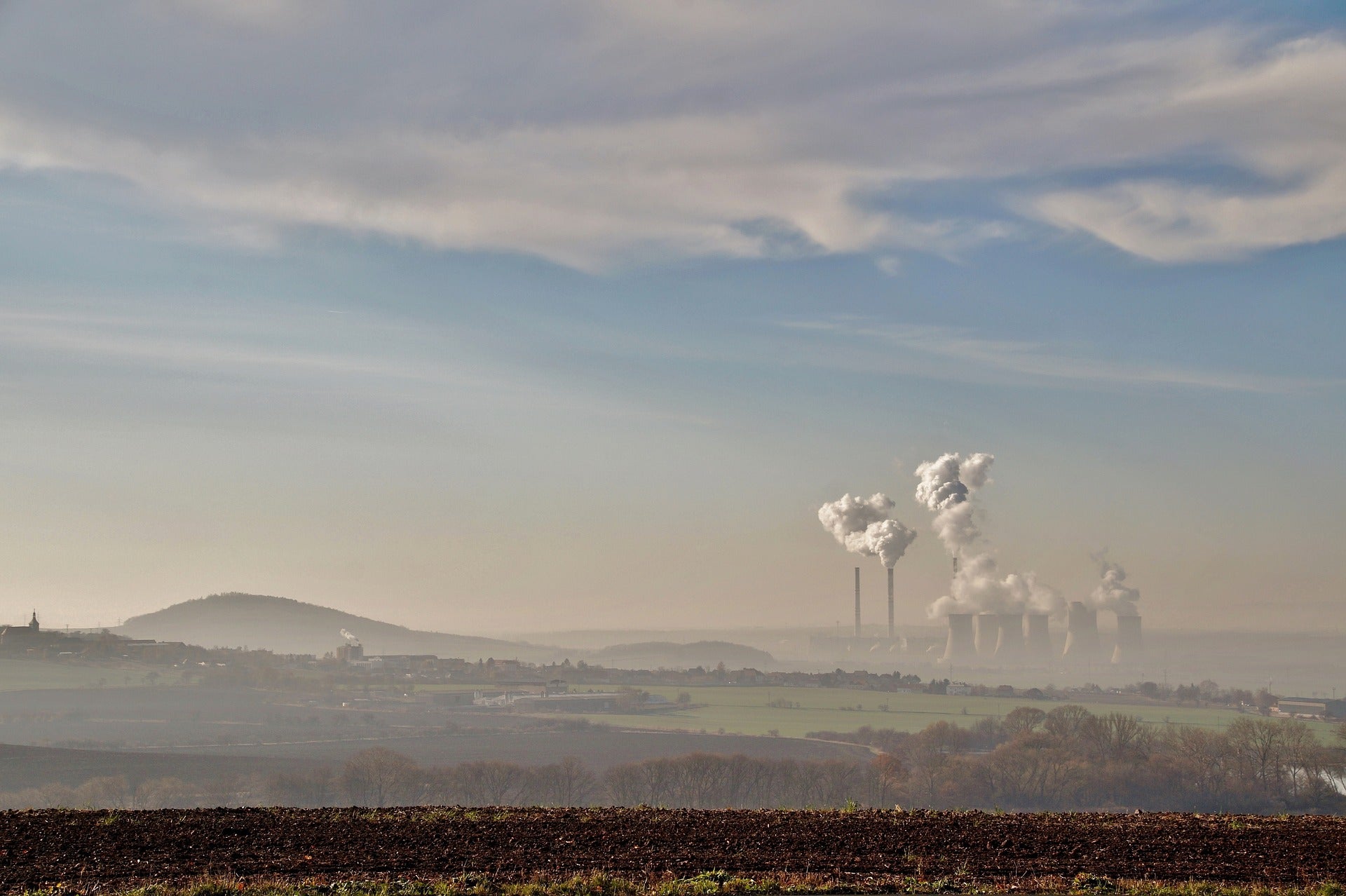
How air pollution exacerbates COVID-19
Cleaner air could become key to easing pandemic lockdowns.
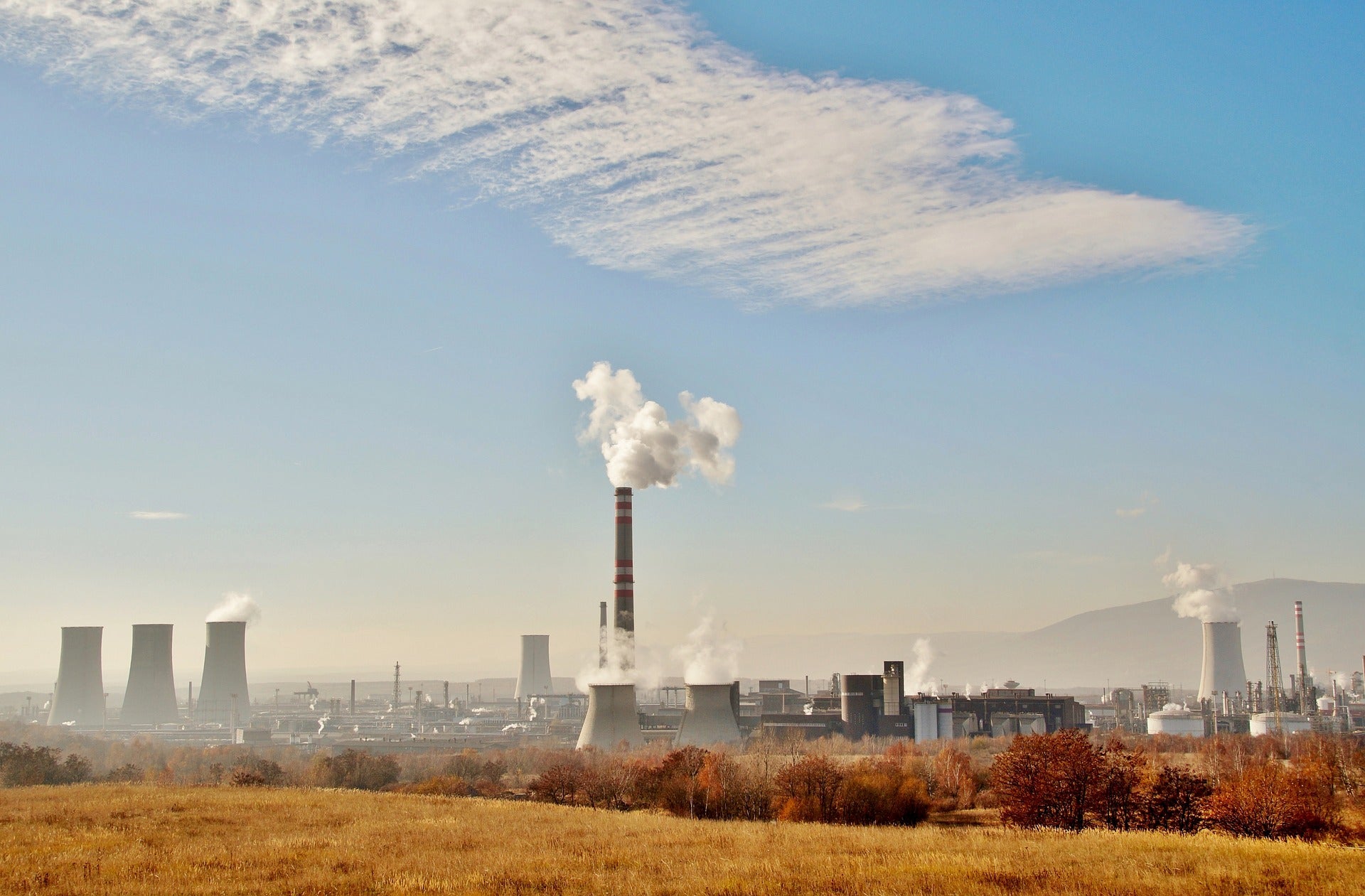
Air pollution has made the COVID-19 pandemic worse
Both air pollution and COVID-19 attack the lungs, making the death rates of COVID-19 higher in places with air pollution.
Weakened mercury controls could lead to health harms
The Trump administration has weakened regulations regarding the release of mercury and other toxic metals from coal- and oil-fired power plants. Environmental and public health experts say the move is an attack on air quality and could harm health—particularly that of children. “What is most disconcerting to me is this administration’s lack of interest in…
